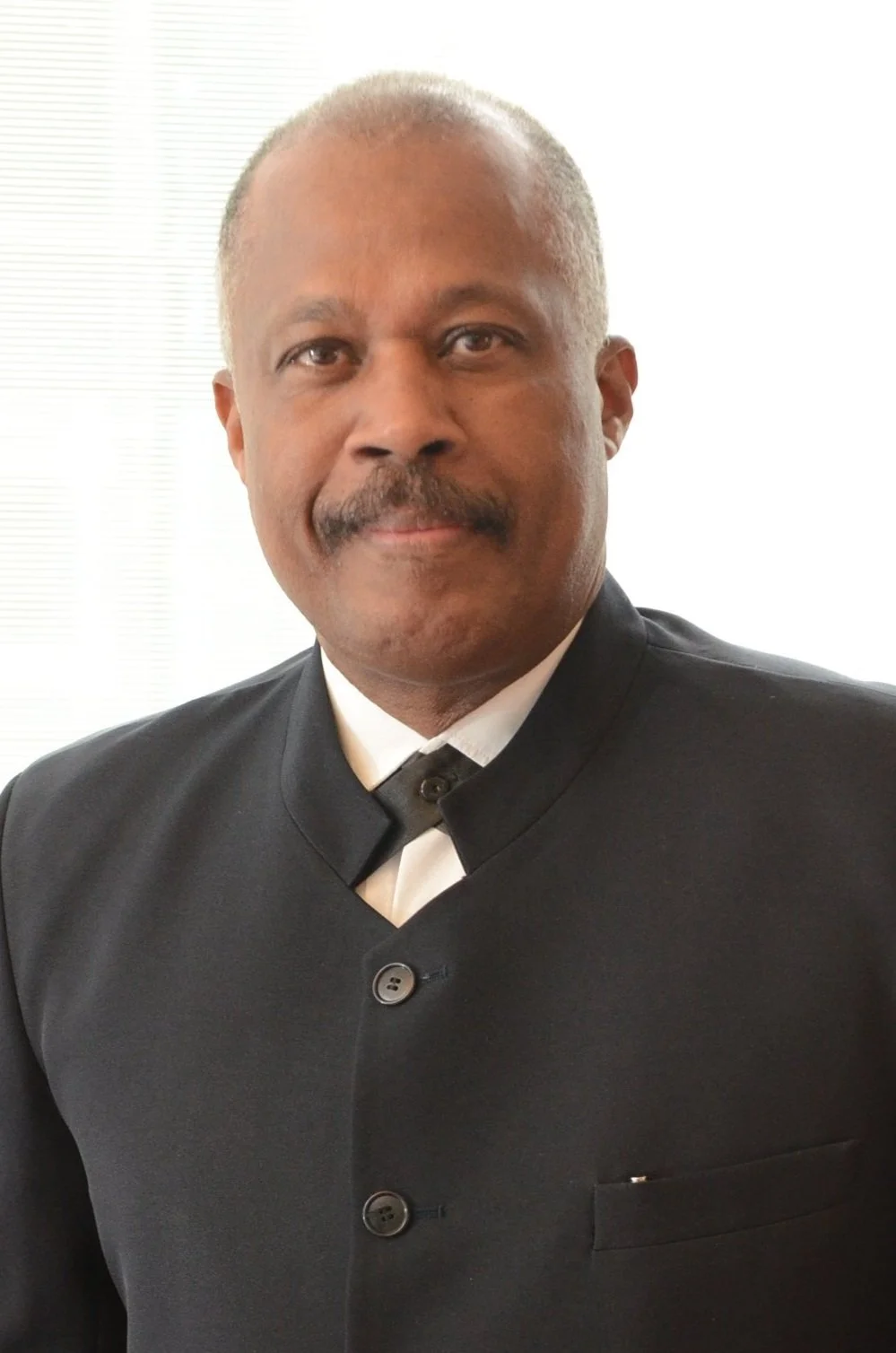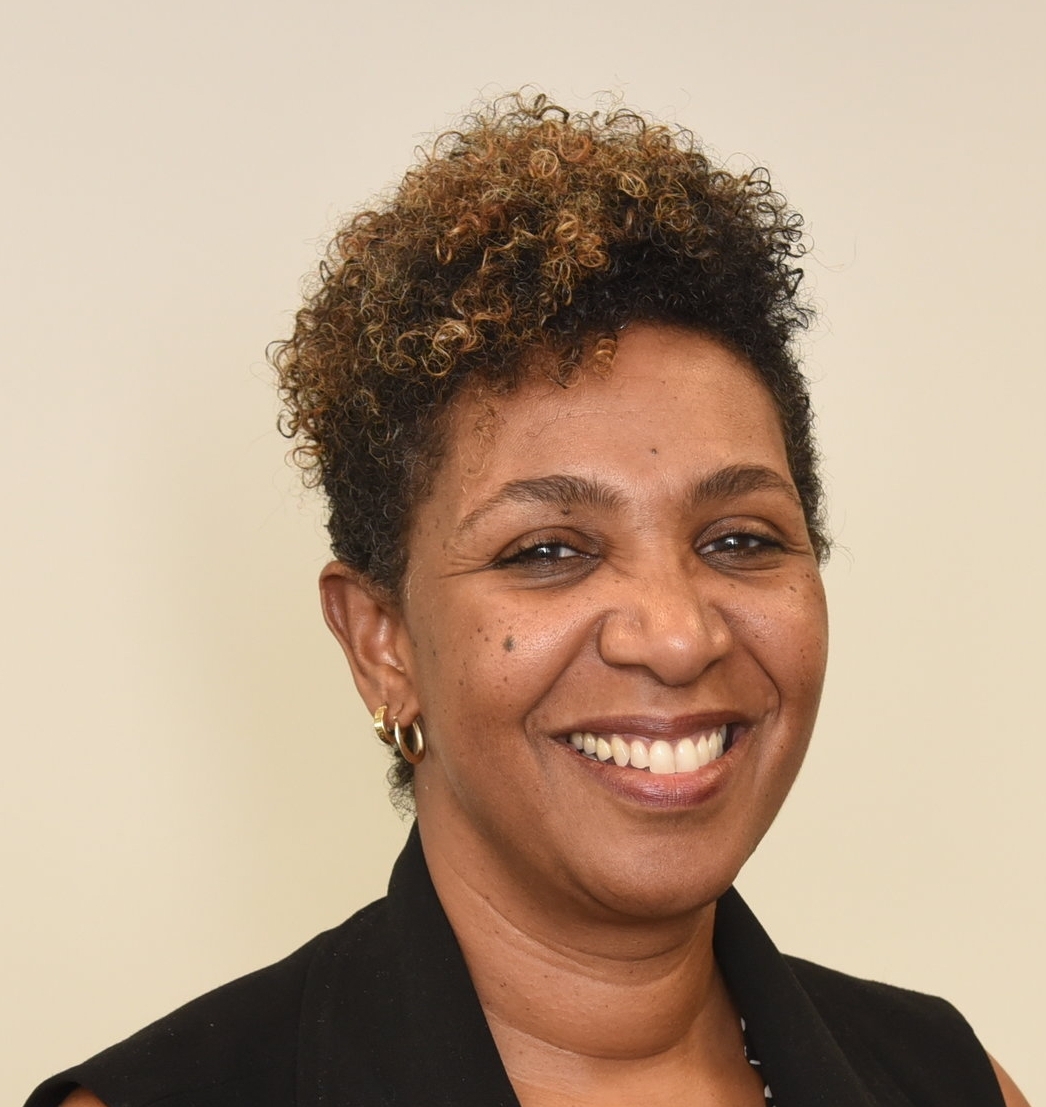Nursing pioneer Gloria Williams is a lifelong learner
March 22, 2022
Most people would have a sense of achievement nearing retirement after a successful professional career and just a few years after graduating from university and becoming a member of the International Honour Society.
Not Gloria Williams.
Nearly four decades after starting nursing studies at the University of Toronto, she completed the long academic journey part-time in 2015 at Ryerson University.
The ride was long, but worth it.
Dissatisfied with some marks, Williams quit U of T in the late 1970s and transferred to Ryerson.
“At the time, there was just one Faculty member with a PhD. and that person was an American,” she said. “This lady told me I got a B+ for one of my papers and then I learnt it was a B. I was the only student in the class that didn’t get the opportunity to see my paper. The lecturer said she couldn’t find it. I got a C+ in a couple more courses where I thought the marks should have been higher and I figured it was time to step away because something wasn’t right. I know racism when I see it. In 1974, a racist article, written by another nurse, stating that most off the drug errors are committed by Black nurses was published in the ‘Canadian Nurse’ magazine.”
Returning to U of T was always at the back of her mind.
“It would have been easy for me to go on and do my Master’s, but that didn’t make sense as I was about to leave the profession,” noted Williams who retired from nursing in 2018. “I wanted to go beyond nursing. This was about expanding my knowledge base and keeping my mind alive with lifelong learning. You either use it or lose it.”
In 2021, she completed an Honours Bachelor of Arts degree from the Faculty of Arts & Science. Sociology was her major and the minors were Caribbean Studies and Political Science.
The U of T experience the second time around was different and fulfilling for Williams.
“You were treated like a human being which I didn’t feel the first time I was there,” she said. “Just before classes went online because of the pandemic, I approached the young student adviser who was new in the role to get a sense of what that kind of learning would entail. I had some challenges earlier on navigating a course online and she helped me enormously.”
One of the professors who stood out was Arnold Itwaru who died last year. He designed the popular Caribbean Studies program.
Initially designing and developing every course with an emphasis on anti-imperialist and anti-racist thought, Itwaru directed the program for a decade and taught in it until just before his passing.
“I did one course with Arnold and I was so inspired,” Williams said. “That man didn’t come into his class with a lot of books and papers. He just stood in front of the class and did his thing very well. I was so impressed that I ended up doing two other courses with him.”
When the academic journey was complete, she reflected on the important role her late mother played in her development.
“My mom wasn’t educated, but she was bright, a great reader and a woman with a big heart who believed in helping people she thought were less fortunate than herself,” said Williams who is a voracious reader. “She struggled to put me through high school. She worked hard to get money to pay my school fees and my 104-year-old uncle, who now resides in Florida, bought my textbooks. He lived in England at the time and his only ask was that I send him the list of books I required.”
After graduating from Excelsior High School, she joined her uncle and his family along with two older sisters in England.
Williams qualified as a Registered Nurse, Registered Sick Children Nurse and Midwife and worked at the Great Ormond Street Hospital before coming to Toronto in 1972 to join The Hospital for Sick Children.
The transition was challenging.
“I was offered the opportunity to advance in England, but I was young and I wanted to travel and explore the world,” said Williams. “I applied to SickKids and was accepted. However, it didn’t take me long after I started working in Canada to realize that people here would smile with you and then stab you in the back. It was hard because I didn’t have any family support here. During my time on the job in England, I knew racism existed and I saw it happening to other people. However, I wasn’t touched by it until I got here.”
In the 1970s, she was one of two neonatal nurses that were part of a research program focussed on the high mortality rate of premature and low birth weight infants.
On two occasions, Williams underwent resuscitation and transportation of sick newborn infants training at Children’s Hospital Colorado in Denver. She was the first neonatal nurse to transport sick newborns.
“It was at that time the helicopter was first introduced as a means of transporting sick newborns infants from peripheral hospitals back to SickKids and I was the first nurse to use the helicopter to transport sick newborn infants,” she recounted.
In the summer of 1976, Williams was part of a team that transported an eight-day old baby from Sault Ste. Marie to SickKids Hospital.
In a letter to the late Dr. Graham Chance who was a senior staff physician at SickKids, Dr. Tomislav Muhlstein of the Algoma District Medical Group singled out Williams for her professionalism and competence.
“Her quiet efficiency reflects an inordinate competence and high degree of training,” he wrote. “It will certainly take us some effort to achieve the level for which she has set the standards.”
Prior to the introduction of nursing practitioners, Williams performed procedures that were only done by medical doctors.
“At the time, my boss who was a medical doctor and head of the research project, had to apply to the College of Surgeons and Physicians and the College of Nurses of Ontario for approval for me to do these procedures that I became proficient in,” she pointed out. “Some of these have since been incorporated in the repertoire of nursing practice.”






